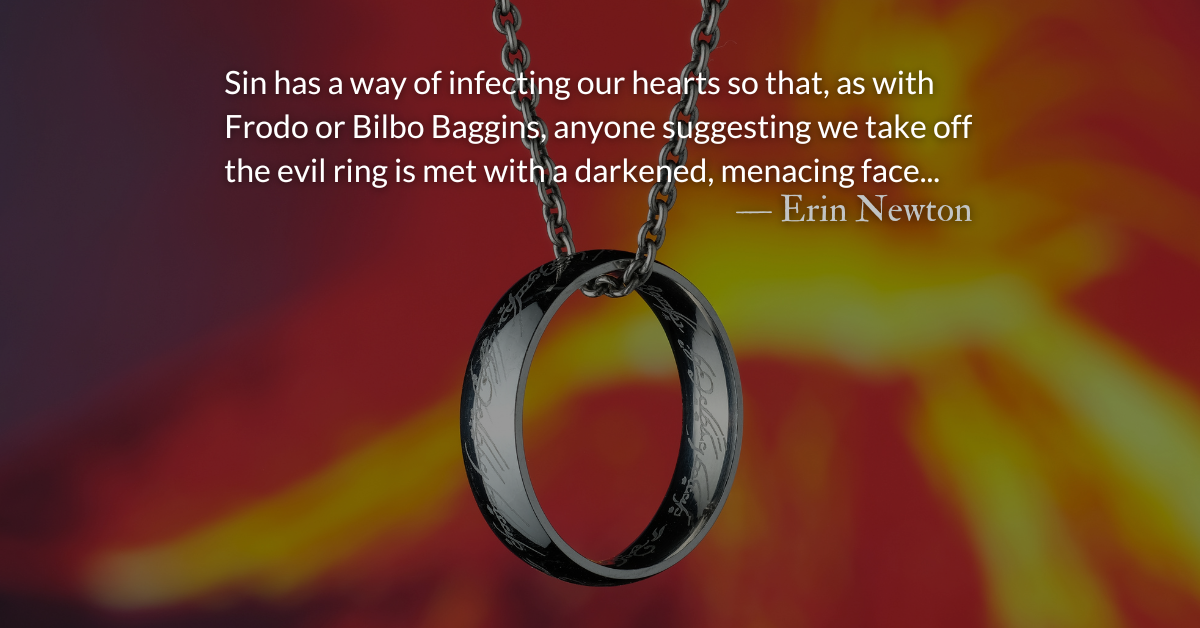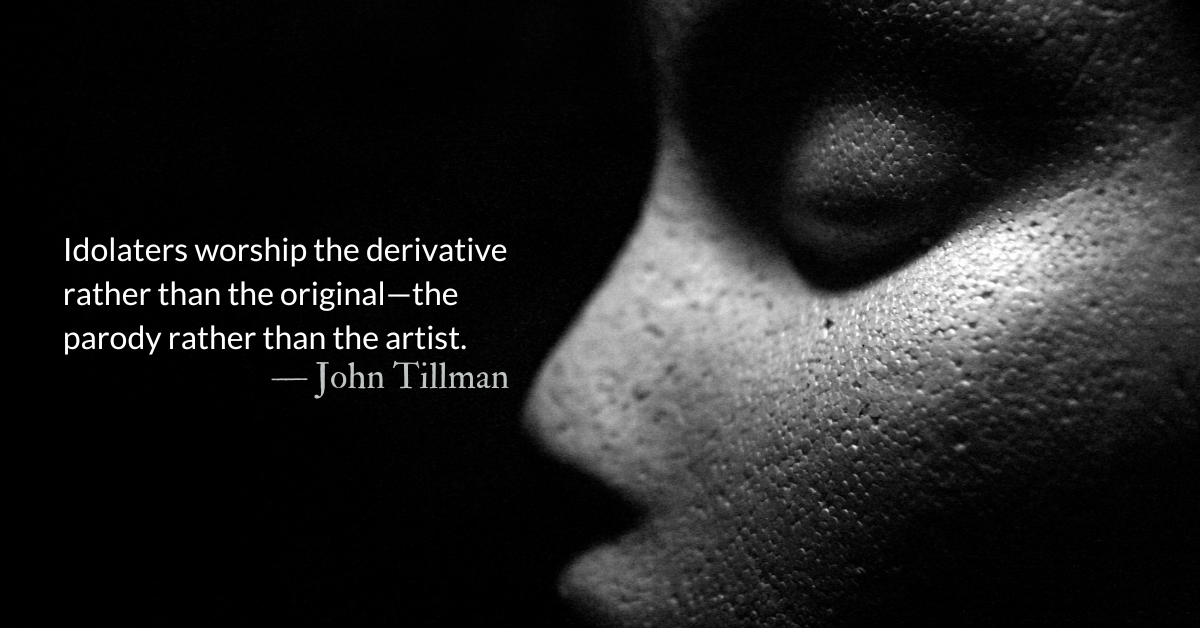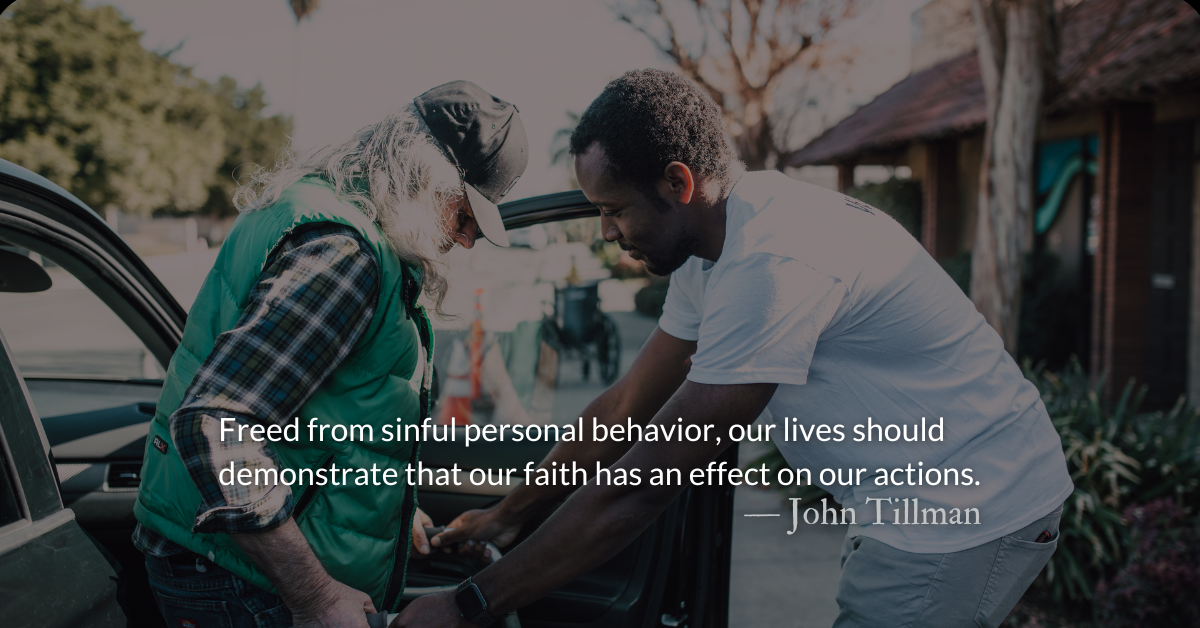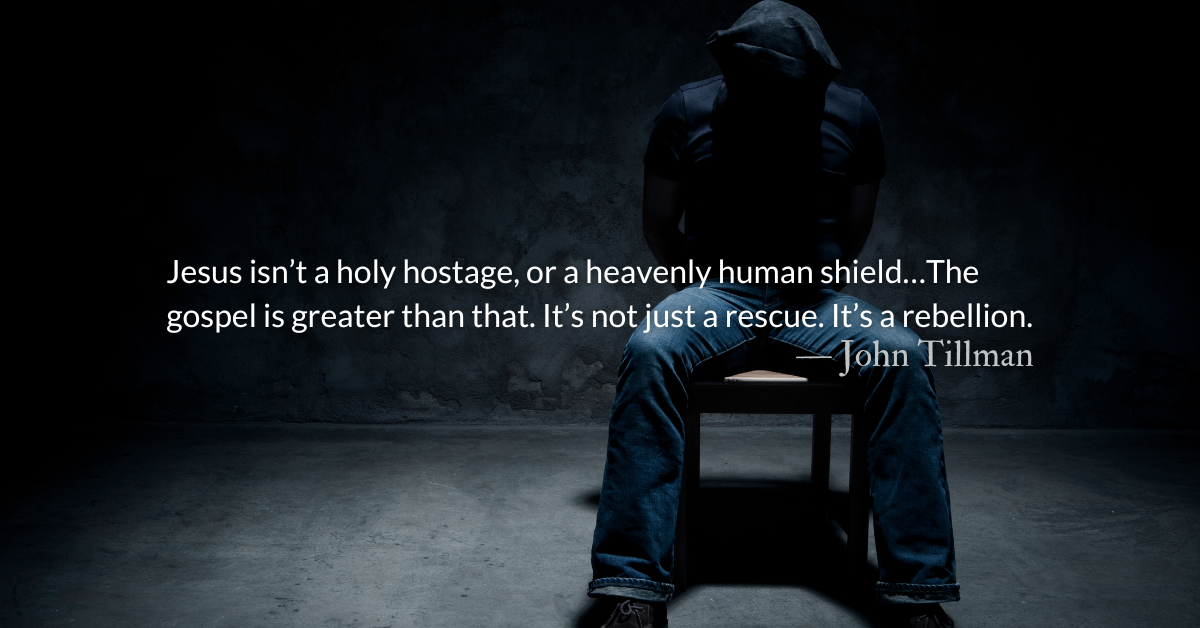Scripture Focus: Jeremiah 11.18-19
18 Because the Lord revealed their plot to me, I knew it, for at that time he showed me what they were doing. 19 I had been like a gentle lamb led to the slaughter; I did not realize that they had plotted against me, saying,
“Let us destroy the tree and its fruit;
let us cut him off from the land of the living,
that his name be remembered no more.”
Reflection: To Kill a Prophet
By Erin Newton
There is a risk when you confront bad behavior or rebuke fellow believers. Sin has a way of infecting our hearts so that, as with Frodo or Bilbo Baggins, anyone suggesting we take off the evil ring is met with a darkened, menacing face screaming that friends are out to get us. Jeremiah’s neighbors sought to kill him because he told the people they carried evil around their necks.
What exactly is Jeremiah preaching that causes people to be so upset? There is no new law or new method of worshiping God. He calls them to devote themselves to God alone and to love their neighbors as themselves. This would mean being more benevolent, more gracious, less self-centered, less like the world around them, and more mindful of the covenant to which they were bound.
The language Jeremiah uses to describe the treachery against him is much like Isaiah’s depiction of the suffering servant. Like a gentle lamb, the suffering servant would go quietly to his death. Christ is that servant. Just like Jeremiah, Christ is persecuted for calling the people to live rightly. Some who hear these rebukes clutch at their sins and are poisoned by pride.
When we sit in the pews each Sunday, listen to podcasts about Christian living, or talk with our friends about the current state of Christianity, we will be faced with a call to examine our hearts. We may feel the sting of conviction and the pangs of guilt as the Spirit moves in our souls. When our hearts are darkened to counsel, we may instinctively want to bow up against such preaching. Like Peter in the garden, we might want to pull out a sword and cut the first person in our reach.
Whether we are calling our friends back to truth or hearing the rebuke of a preacher, let us be encouraged by the gentle lamb who walked this way before us.
If in the place of Jeremiah’s friends, angered and resistant to the words of truth, take time with the Spirit to listen. Let the Lord soften our hearts so that we can be shaped to his will. Put away the proverbial swords: the vengeful posts or the angry conversations.
Christ, the gentle lamb, was slaughtered by those who could not stand being corrected. Be quick to listen, slow to speak, and slow to want to kill the prophets. (Matthew 23.29-37)
Divine Hours Prayer: A Reading
Jesus taught us, saying: But I say this to you who are listening: Love your enemies, do good to those who hate you, bless those who curse you, pray for those who treat you badly. To anyone who slaps you on one cheek, present the other cheek as well; to anyone who takes your cloak from you, do not refuse your tunic. Give to everyone who asks you, and do not ask for property back from someone who takes it. Treat others as you would like people to treat you. — Luke 6.27-31
Today’s Readings
Jeremiah 11(Listen -4:09)
Galatians 2(Listen – 3:44)
Read more
Read more about Decorating the Tombs of the Prophets
“Your fathers,” Jesus says, “would not have minded the prophets either, if the prophets were dead.
Readers’ Choice is Coming!
Tell us about your favorite posts from the past 12 months. Even if all you have to say is, “It blessed me,” share it with us and we’ll share it with others.
#ReadersChoice #ReadTheBible











